Jobs
PhD: Observation & Model Representation of Past and Current Firn Changes
Cryosphere Group, Department of Geosciences, University of Fribourg, Switzerland.
The aim of this PhD position is to measure the changes in firn on glaciers in Switzerland and Central Asia, with particular focus on repeating historical measurements and quantifying how the firn has changed since then. Special focus will be on firn temperature, firn density and stratigraphy. The PhD student will use existing and new measurements to improve existing firn parameterizations and develop new algorithms to simulate the key processes governing the ongoing firn changes. The position is based at the Department of Geosciences of the University of Fribourg and will be supervised by H. Machguth and co-supervised by R. Dadic and W. van Pelt (University of Uppsala, Uppsala, Sweden).
Evaluation of applications will start 11 February and will continue until the position is filled.
Architekt:in oder Bauingenieur:in für die Leitung des Instituts für Bauen im alpinen Raum
Fachhochschule Graubünden, Chur, Switzerland.
In dieser vielseitigen Funktion leiten Sie das Institut für Bauen im alpinen Raum sowohl strategisch, operativ als auch personell. Sie akquirieren Forschungsprojekte, setzen diese um oder arbeiten in bestehenden Forschungsprojekten der jeweiligen Fachbereiche mit. Dabei bearbeiten Sie anspruchsvolle analytische und konzeptionelle Fragestellungen und entwickeln innovative Lösungen. Ausserdem erstellen Sie wissenschaftliche Publikationen sowie Berichte. Parallel dazu unterrichten Sie im Bachelorstudiengang Architektur oder im Bachelorstudiengang Bauingenieurwesen und betreuen Studierende bei Semester- und Bachelorarbeiten. Mit Ihrem strategischen Blick unterstützen Sie zudem die Departementsleitung bei der Akquise neuer Projekte, der Kundenpflege und weiteren zentralen Aufgaben der Hochschulentwicklung. Sie repräsentieren das Institut sowohl nach innen als auch nach aussen und führen es mit klaren Visionen in eine erfolgreiche Zukunft.
Per Herbstsemester 2026 oder nach Vereinbarung.
PhD: Land-Surface Modelling of Mountain Hydrological Processes in the Himalaya
Faculty of Geosciences, Department of Physical Geography, Utrecht University, Netherlands.
As a PhD you will focus on the Himalaya, and you will combine detailed land-surface modelling with field observations and remote sensing to quantify and understand the impact of these non-linear changes on the mountain water cycle. Your outputs will be used by other project collaborators to train a global scale physics-informed AI model to develop a global scale reanalysis of mountain water resources, which will allow us to better understand the large-scale impacts of these changes for global water supply.
The application deadline is 6 March 2026.
Juneau Icefield Research Programme Archiving Assistant
Juneau Icefield Research Programme (JIRP), Atlin, Juneau, USA and the field.
The Archiving Assistant will traverse the Icefield with the JIRP undergraduate field course, archiving materials like theses, textbooks, data logs, journal article collections, and reports. There may be opportunities to pursue individual research projects related to the JIRP archive. Compensation: $20-25/hr, travel reimbursement up to $850, room and board included.
Application deadline 8 March 2026.
Doctorate in Glaciology in Modelling Firn Changes at the Glacier Scale
Professorship of Glaciology, ETH Laboratory of Hydraulics, Hydrology, and Glaciology (VAW), Zurich, Switzerland.
The Professorship of Glaciology, jointly operating at the ETH’s Laboratory of Hydraulics, Hydrology and Glaciology (VAW) and at the Swiss Federal Institute for Forest, Snow and Landscape Research (WSL), is looking for a PhD student in 'Modelling Firn Changes at the Glacier Scale.'
Evaluation of applications will start on 11 February and will continue until the position is filled.
PostDoc in Social-Ecological Systems 70-100%
Swiss Federal Institute for Forest, Snow and Landscape Research WSL, Birmensdorf, Switzerland.
WSL's Land Change Science research unit analyzes and assesses short- and long-term changes in the natural resources of the built, managed, and semi-natural landscape. The JustBioSolar project, funded by the Swiss National Science Foundation, investigates the impact of ground-mounted photovoltaic systems. For this project, the Land Use Systems Group is offering a 2-year position (possibility of extension).
The position will start in April 2026.

